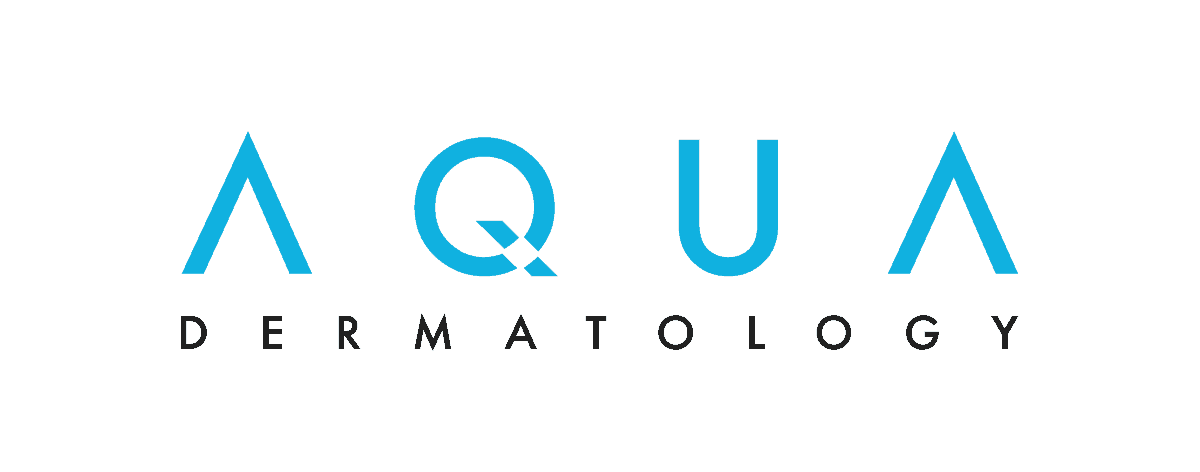
If you’re constantly battling pimples due to acne, it’s tempting to try just about anything to get rid of them. Some people believe lying out in the sun will help. The thinking goes that sunlight will dry out the oil in the skin and/or prevent oil production, resulting in clearer skin.
Sounds logical, right? After all, excessive oil production often plays a role in acne development, along with other factors such as bacteria and hormone imbalances. But in fact, the dehydrating effect the sun has on the skin ultimately does more harm than good, said Sydney VanHoose, a board-certified advanced practice registered nurse at Water’s Edge Dermatology.
“Sitting in the sun can make it seem like your acne is improving at first, but it leads to more breakouts later,” said VanHoose.
What’s more, if you don’t use sunscreen or cover up with protective clothing when you’re outdoors, you’re exposing yourself to UV rays that could make other complexion issues worse, and even lead to skin cancer.
How the sun triggers breakouts
“After you’ve been in the sun, the epidermis [the top layer of skin] starts to dry and thicken,” VanHoose explained. “When this happens, your body responds by producing even more oil to compensate for what was lost – and that can lead to more breakouts.”
This effect doesn’t occur immediately, which may be why people don’t realize the connection between sunlight and worsening acne. Another source of confusion is the fact that dermatologists sometimes recommend light therapy to treat acne; however, the blue light used in this FDA-approved treatment is very different from the sun’s rays. It kills acne-causing bacteria (P. acnes) without damaging the skin the way UV light does. Sunlight does not kill P. acnes.
Why people think the sun helps
A day, weekend or week in the sun can indeed make a difference temporarily, but not for the reasons people may think. If you get a tan, for instance, that can make red pimples stand out less. The stress-reducing effects of a vacation can also help, since stress is known to exacerbate acne.
A shortsighted trade-off
Even if sun worshipping did somehow lead to a clearer complexion, the other risks it poses to your skin simply aren’t worth it.
“Exposing acne to UV rays without any protection leads to an increased risk of scarring and hyperpigmentation,” VanHoose said. “So, while people may think their complexion looks better when they tan, the trade-off is that they’re going to end up with more marks and dark spots, and possibly skin cancer, in the future.”
Sun damage caused by unprotected sun exposure can also lead to premature skin aging and wrinkles. “A lot of people who have acne also want to treat fine lines on their face, and the sun’s not going to help with that, it’s going to make it worse,” said VanHoose.
Even short bouts of sun exposure contribute to skin damage, so it’s important to wear a broad-spectrum, water resistant sunscreen with an SPF of at least 30 every day. Worried sunscreen will make your face look greasier or cause more breakouts? Read the label and find a product that is oil free and noncomedogenic.
Professional help for clear, beautiful skin
If you feel like you’ve tried everything to clear your complexion and nothing is working, see a dermatologist. “It’s best to get in the office, get a skin exam and have the dermatologist develop a targeted treatment plan that’s personalized for you,” VanHoose said.
A bonus: The dermatologist can recommend or prescribe products that can make your skin clearer and smoother, now and later in life. Retinoids, for example, not only unclog pores but help reduce the look of fine lines.
As VanHoose put it, “You’re going to be pretreating your skin for the future.”
Article Written By: Jessica Brown is a health and science writer/editor based in Brooklyn, New York. Her work has appeared in Prevention, Johnson & Johnson, the Breast Cancer Research Foundation, and many more.





